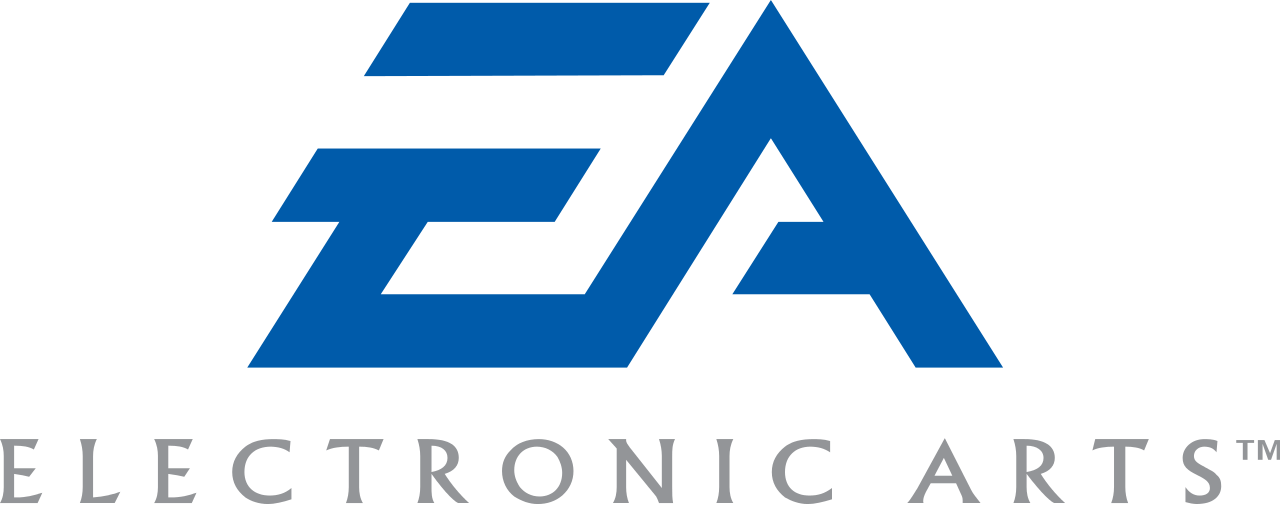
Electronic Arts Inc. (NASDAQ:EA) has seen a 4.51% increase in stock price over the past month, showcasing positive investor sentiment.
The company’s growth potential is highlighted by an estimated 21.14% increase in stock price, with a target price of $181.
EA’s financial health is solid, with a Piotroski Score of 8, indicating strong operational efficiency, profitability, and liquidity.
Electronic Arts Inc. (NASDAQ:EA) is a leading player in the gaming industry, known for its popular franchises like FIFA, Madden NFL, and The Sims. The company develops and publishes games across various platforms, including consoles, PCs, and mobile devices. EA competes with other major gaming companies such as Activision Blizzard and Take-Two Interactive.
Over the past month, EA’s stock has gained approximately 4.51%, indicating positive investor sentiment. Despite a slight dip of 1.11% in the last 10 days, this decline could be a strategic entry point for investors. The stock’s fundamentals and growth prospects remain strong, making it an attractive option for those looking to invest in the gaming sector.
EA’s growth potential is significant, with an estimated stock price increase of 21.14% and a target price of $181. This potential is driven by the company’s robust pipeline of gaming titles and strategic initiatives in the digital gaming space. These factors position EA as a promising choice for growth-oriented investors.
The company’s financial health is underscored by a Piotroski Score of 8, indicating strong operational efficiency, profitability, and liquidity. This score reflects EA’s ability to sustain its growth trajectory and effectively navigate market challenges, reinforcing its appeal as a solid investment.
In summary, Electronic Arts Inc. (NASDAQ:EA) presents a compelling investment opportunity. With strong financial health, significant growth potential, and a recent price dip, EA is well-positioned to deliver value to investors. As always, potential investors should conduct their own research and consider their risk tolerance before making investment decisions.

